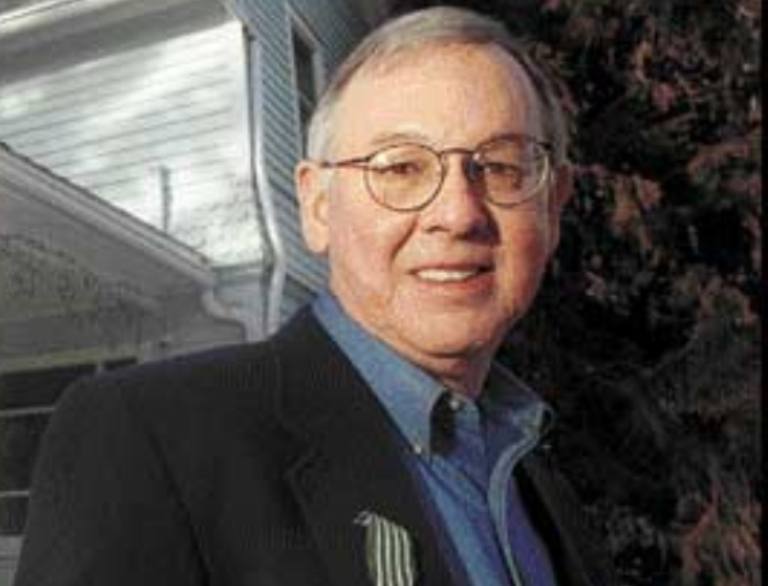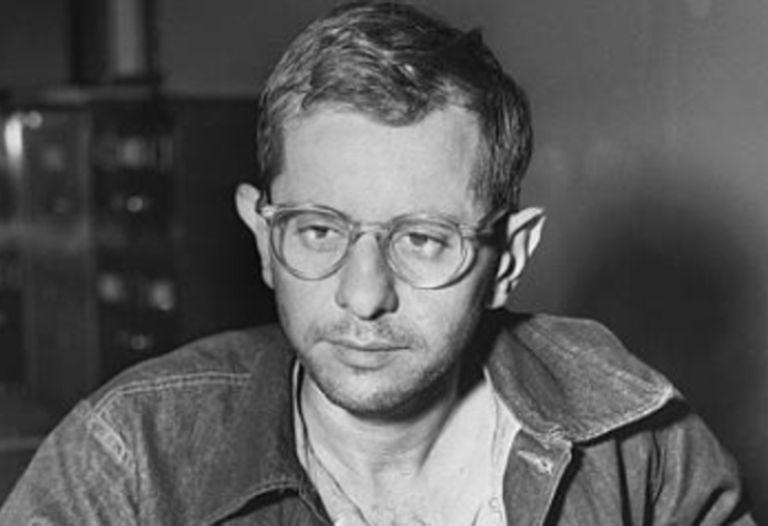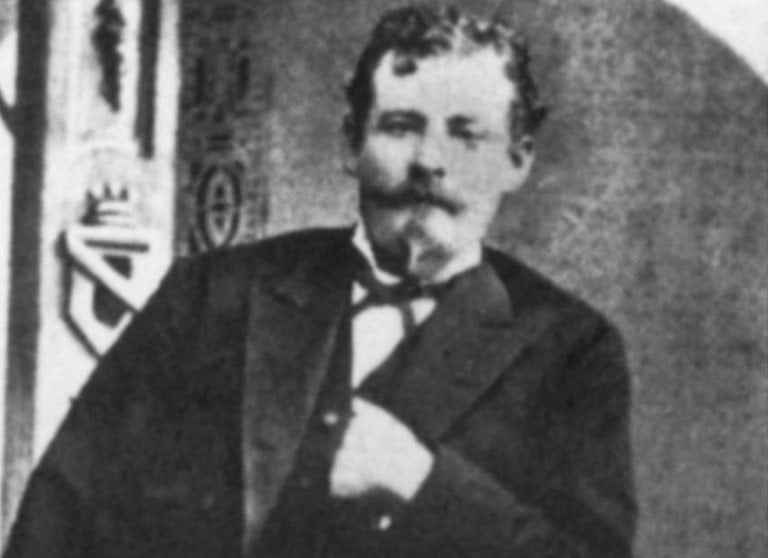In 1971, a critic, in his evaluation of the earliest published volume of poetry by James Welch, described it as vigilant, sad, and truthful. The critic also described James as a man whose vision is such that he not only looks at a thing but sees through it. For most of his life, his publications maintained this tone as he established himself as one of the greatest culturally significant writers of his generation.
Welch wrote a lot of material inspired by his background and upbringing. The writer and poet grew up in the Blackfeet and A’aninin culture of his parents. A native American, his writing easily reveals his first-hand insights and experiences of the landscape, history, and people, especially of the American West. He is known in many circles as the founder of the Native American Renaissance. In 1997, the Native Writers’ Circle of the Americas awarded the prominent author a lifetime achievement award.
Who Is James Welch?
It is not surprising that James Welch was born west of the Mississipi River, in Browning, Montana. His father was James Philip Welch Sr., a welder and ranch owner from the Blackfeet tribe. James’ mother, Rosella Marie, was from the A’aninin (Gros Ventre) tribe and worked as a stenographer for the Bureau of Indian Affairs. The beloved Native American writer grew up in an Indian environment and was educated there. This helped him to understand and appreciate the history, traditions, and religion of his people, especially his father’s tribe.

Welch completed his high school education in Minneapolis and graduated from Washburn High School in 1958. Between high school and his Master of Fine Arts at the University of Montana, he worked in various jobs: as a firefighter, laborer, and upward bound counselor.
Welch pays tribute to the poet Richard Hugo for giving direction to his literary works. The poet advised James to give roots to his poetic roots by writing about what he knew, namely Indians and Native American culture. Welch left Montana after receiving a B.A. in liberal arts in 1965. Later he had a short stay at Northern Montana College (Montana State University-North). Later he also taught English and writing at Cornell State University and the University of Washington.
ALSO READ: Who is Ken Bone, His Wife, Family, and Why Is He Famous?
James Welch’s writing career
James Welch was quoted as saying that the stories he heard as a child in Native American communities were what brought his senses to life. He admitted that he was not really aware of how much he knew about the culture until he started writing. Welch began writing at a time when Native American authors were rare and unrecognized. He began writing exclusively poetry, a journey that took the first eight years of his writing career.
His first and only book of poetry was titled Riding the Earthboy 40, published in 1971, which was given a thumbs-up because of its rich Indian history. It was a book that any Native American would easily understand and appreciate.
James would eventually abandon poetry in favor of fiction. His first book was a great success. He published the book Winter in the Blood in 1974. In this book, Welch draws much from his own personal experience. The theme of the book is a nameless character, a teenager living on a reservation in Montana. The character, like Welch, has roots in the Blackfoot and A’aninin tribes. The character feels trapped between two worlds – the world of the invading whites and the world of his Native Americans, where he is not accepted.
This theme of an outsider character was carried over into his next work, 1979 in The Death of Jim Loney. But with his next book, Fools Crow, in 1986, he took a different path. The book explores the struggle for an authentic Blackfoot lifestyle against the backdrop of white culture and the US government’s relentless war against the Plains Indians.

The author’s next two books still draw from his culture and even from the personal history of his family. He published The Indian Lawyer in 1990 and The Heartsong of Charging Elk in 2000.
All in all, wise critics understand that James Welch’s writing makes him neither a Native American writer nor an American author. His writing transcends such categorizations. Welch is ultimately always concerned with the conversations and interactions between cultures, especially between White American culture and Native American culture. His attempt to be a literary bridge between the two cultures misses the face of culturalist thinking.
In 2013 James’ first fictional work, Winter In The Blood was adapted into a feature film of the same name. The film was made by Welch’s childhood friends, filmmakers Andrew and Alex Smith. It was produced by Sherman Alexie.
Welch also had several other publications. He worked with Paul Steckler to write the screenplay the Last Stand at Little Bighorn and Killing Custer: The Battle of Little Bighorn and the Fate of the Plains Indians, 1994, which became an Emmy Award-winning documentary.
James served for a decade as Vice Chairman of the Montana Board of Pardons and Parole.
Accolades
In addition to his lifetime achievement award in 1997, the writer has received a host of other recognitions from various literary and non-literary organizations.
In 1993 and 1997, he received two honorary doctorates from Rocky Mountain College and the University of Montana, respectively. In 1995, his novels were translated into nine languages and he also received a title from the French Ministry of Culture, Chevalier de l’ordre des Arts et des Lettres (Knight of the Order of Arts and Literature).
His book Fools Crow, published in 1986, won the American Book Award, the Los Angeles Times Book Prize, and the Pacific Northwest Book Award. The author also received the Montana Governor’s Humanities Award, the 3rd Annual Native American Literature Prize (1991), the Western Writers of America Spur Award for Best Television Documentary Screenplay (1992), and many more.
ALSO READ: Richard Jefferson Wife, Kids, Salary, Height, Wiki, Is He Gay?
James Welch wife, Lois Monk
In 1968, James married a literary junkie girlfriend, Lois Monk. At that time she was a professor at the University of Montana, teaching comparative literature. She was head of the English department until her retirement. After her retirement, Welch and Lois traveled the world and lived in different places for a time: Italy, Greece, Mexico, and France.
The couple contributed to the preservation of the Blackfoot culture by regularly appearing as donors to the Piegan Institute’s language immersion program. The aim of the program was to help restore the Blackfeet’s mother tongue.
What Is The Cause Of James Welch death?
On August 4, 2003, the world lost a great storyteller in James Welch. The author died on a Monday morning after a protracted battle with lung cancer at the age of 62. His family, who reported that he died of a heart attack, said he learned of lung cancer in October of the previous year.
Perhaps it was only fitting that the Native American literary icon closed his eyes in his birth state. He died at his home in Missoula, Montana.



